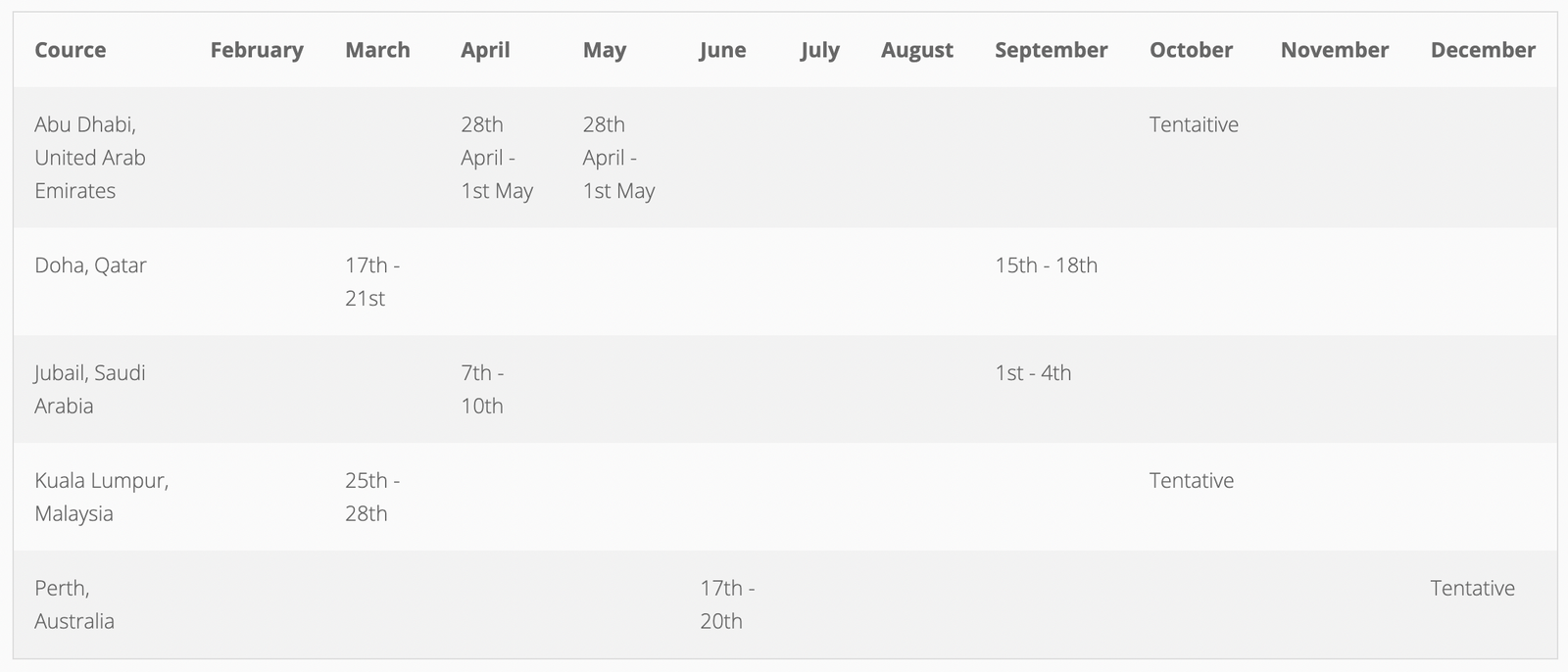Hendsa is an accepted course provider of the TÜV Rheinland Functional Safety Program for Safety Instrumented Systems (SIS). The course focuses on functional safety aspects for the process, oil & gas, petro-chemical and chemical industries according to IEC 61508 / 61511.
WHO SHOULD ATTEND?
All engineers, that is, from the instrument and control systems, process, electrical, safety and loss prevention & project management disciplines, operation and maintenance technologists, who are involved in any of the functional safety life cycle phases for the Safety Instrumented Systems, including hazard and technical risk assessment, specification, design implementation, installation and commissioning, operation and maintenance of the Safety Instrumented Systems. Anyone accountable for the assessment and management of risks & hazards in the process industry IEC 61508 Ed 2, emphasizes as a ‘Normative’ requirement, that anybody involved in the functional safety lifecycle activities shall be competent to carry out the activities for which they are accountable. Being successful in the examination, you take advantage of this SIS course and certification to demonstrate to you clients, peers and management, your competency in the field of Functional Safety, as defined by IEC61508. Certificate from TÜV Rheinland is recognition of your functional safety knowledge and your name is published on the TÜV Rheinland website, adding a great value to your professional image.
WHAT WILL YOU GET
As a course participant you will get a detailed course manual with worked exercises & relevant functional safety white papers. Those who attend this course and pass with a score of 75% will receive a FS Engineer SIS (TÜV Rheinland) certificate from TÜV Rheinland, Germany, which will be valid for 5 years (can be renewed from TÜV against payment for another five years afterwards); TÜV will publish the name of the certified engineer on their web site. The certified engineers will receive a unique ID from TÜV Rheinland.
AGENDA
Day 1 – Module 1- Overview of Functional Safety Program & competency requirements
- IEC 61508 / 61511 Background & Safety Life Cycle
- Hazards & Risk Assessment and ALARP principles
- Risk Reduction, Risk Tolerability, Allocation of Safety Functions
- Failure Modes, Operating Modes, Common Cause Failures, Proven-in-Use
- Basic Reliability Applied to Safety Instrumented Systems, Probability of Failure on Demand
- Safety Instrumented Functions & Systems
- Safety Integrity Levels
- Safety Requirement Specification(SRS)
- Examples & Practical Exercises
Day 2 – Module 2- SIL Determination Methods, Qualitative and Quantitative, Event Tree Analysis
- SIL determination using Modified HAZOP and ALARP
- SIL Determination by Safety Layer Matrix, Risk Graph
- Calibration of Risk Graph & SIL Determination by Quantitative Risk Graphs
- Layers of Protection Analysis (LOPA)
- SIL Verification by Reliability Block Diagrams (RBD)
- SIL Verification by Simplified Equations
- Fault Tree Analysis Basics and Structures
- SIL Verification by Fault Tree Analysis (FTA)
- Common Cause Modeling by RBD & FTA
- Introduction to Markov Models
- Examples & Practical Exercises
Day 3 – Module 3- SIS Design Considerations
- Safe Failure Fraction, Hardware Fault Tolerance
- Understanding importance of Fail Safe & Common Cause Failures
- Selection of Field Devices
- Selection of Logic Solver and Choice of Technology
- Understanding Reliability Data & Data Sources
- SIS Architecture & Process Hazards and Process Sensitivity Considerations
- Overall Planning Phase of IEC Safety Life Cycle
- SIS Validation phase of the IEC Safety Life Cycle
- Management of Functional Safety
- SIS Installation, Operation & Maintenance
- Proof testing strategies and the impact of testing
- Human Errors in SIS
- Examples & Practical Exercises
Exam Details- The applicant has to attend the 3 consecutive days training course given by Hendsa
- The Eligibility Requirements forms must be completed, signed and supported with the necessary documents
- The maximum duration of the exam is 4 (four) hours
- The passing criteria is 75% to pass the exam
- All exams are monitored by TÜV Rheinland, which will issue the successful participants their personal certificate

